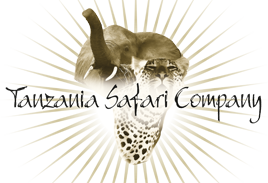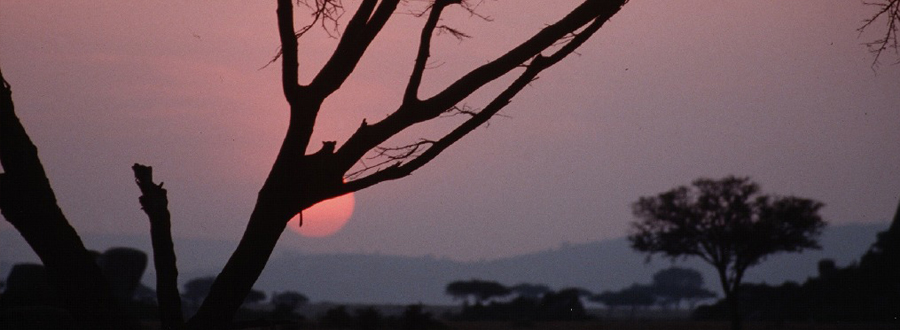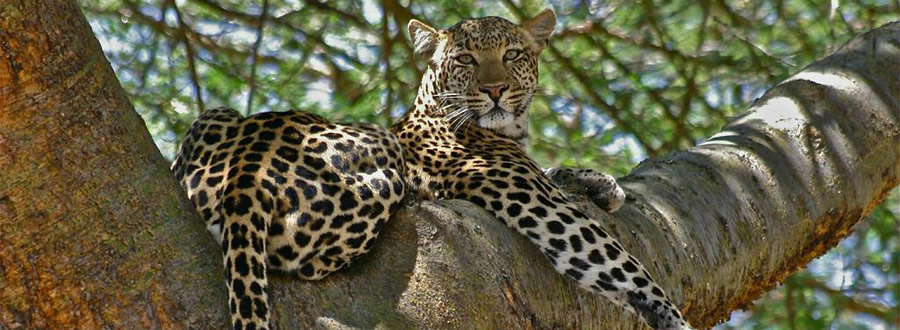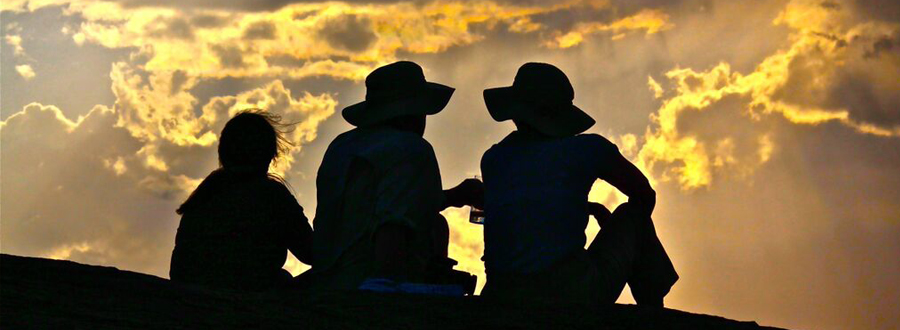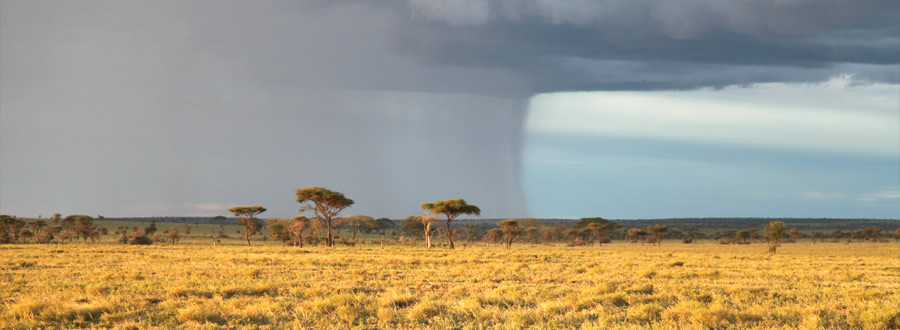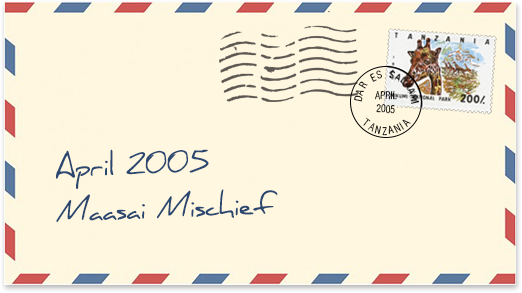Call From the Wild
Francesco is an avid writer and documents his adventures on safari in chapters of the Call From the Wild.
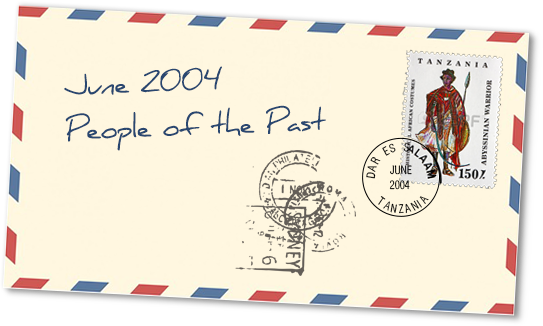

Hanging on to the wheel which is being shunted one way then the other by the deep ruts that the tires are in we are being driven up the meandering rocky track by a vehicle with a mind of its own. What was a new paint job yesterday is now being audibly scraped off by the Acacia Wait-a-bit Thorn that clings to the Land Cruiser as if trying to prevent us from entering this domain pot-marked with rocky outcrops and Baobab Trees.
There is a little food in the car, some water and a small peace-offering to give the people we have set out to find. This adventure will not be about what we don’t have but rather what we do have. Pulling over the last bluff, Tse- Tse flies hot on our tail, we enter the Yaeda Valley. We’re in the foothills that surround the hauntingly beautiful Lake Eyasi. The Hadzabe call the lake Ba-lan-ge-ta, the “dead lake” because the water is too saline and undrinkable. I had been here before but really knew nothing about the area, its people the Hadzabe and their culture. Probably still know very little come to think of it.
Their hunter-gatherer life style is one that extends back into a time gone and given their close proximity to the footprints that Lucy left some 3.8 million years ago who would argue the possibility of a link. They are after all the last of the hunter-gatherers speaking a click language similar to the Khosian language spoken by the Bushmen of the Kalahari.
It is argued that there are only 200 of them left and yet there are many different local names for the Hadzabe: Hadza, Hatza, Hadzapi, Kingida, Tindiga, Wakindiga, Kangeju. They live in an egalitarian society sharing everything and hunt meat although survive predominantly off wild honey and berries.
We’ve arrived with the hope of hunting with them. But, hunters will not just leave their routine to guide us at our whim so we’ve brought Sembe, a maize meal, used to make Ugali that may be left for the women and children while their husbands hunt with us.
Hunkered down on haunches with Tomasi and his small band of hunters, conversation is a constant machine gun rattle of click language and Swahili as we ping pong back and forth in that slalom that seems to skew wildly but always gets back to hunting. This is remarkable. We set out on a long shot and here we are, chatting with a band of Bushmen.
Interruption comes in the form of a hard guttural, phlegmy, rasping cough from deep within a bushman’s chest as he inhales the searing blue smoke through his short pipe, kiko. It seems he might actually die on the spot but just before his bloodshot eyeballs leave his skull
he regains composure, smiles a grin of approval and settles down lower on his haunches as though dropping center of gravity for the ride of a lifetime down the eye of what must be the dizzy vortex that was his mind a moment ago. The pipe is passed on to the next passenger.
Another interruption comes from the Honey Guide that occasionally hovers over us. It has a secret that it cannot bear to keep. Busting to tell us, it sings of a beehive it will lead us to if we’re willing to share some of the honey. It is said the Honey guide cannot go near the bees. It had once asked (of the bees) why all the fuss and buzzing. They told the Honey Guide of the dripping gold they collected and the bird just could not resist but spread the word to anyone that might help steal the gold. Now whenever the bird is seen too close the bees attack it.
The Bushmen do not ignore the bird but things are done at an unrushed pace because if it is meant to be it will. They occasionally glance up at the bird and it becomes clear that they are including it in the conversation, if not actually talking to it.
It’s amazing to see how the world of wild things and Lucy’s descendent meet at this moment. Lives are lived close to the earth and harmony with the universe is not something sought at an Ashram but rather inherent.
Suddenly, the ride must be over or maybe the honey guide’s message made it through the fog of smoke.
Then, so suddenly all the Bushmen explode away from their shady resting spot. I thought: that’s it! We were off hunting but, their flight is because of the appearance of a black cobra from below one of the logs some had been sitting on.
As good a sign as any, might as well leave. Arrows with feathers off the di-dee-dee bird are shuffled, fire stick and bow picked up, a burning ember of coal stored into pipe, and we’re off.
The pace is not as quick as I’d thought it would be, and surprisingly there is constant chatter between the Bushmen. They remind me of lion walking through the bush. One is sharp, light as a feather but taught, in the lead and on the hunt. Meanwhile the rest of the band seem to be totally un-involved and are a handicap. I look down trying to figure this out as I ease through some Aloe and when I look up Sherman, Steve and I are alone on the path. All the Bushmen are now standing among bushes aside the path furiously eating berries. This was
the hunting mode of the Bushmen. March, chat, laugh for the world to hear, stop for berries, stop even more often for a smoke and occasionally follow the honey guide up a Baobab tree and raid a bee hive.
They do not understand and probably do not try to understand our sense of urgency, fear of losing time, and irritating tendency to pry with unashamed directness. With every stop we want to know what is going on and why but soon enough it is clear that they are always hunting. Hunting to these people is not only about shooting arrows at targets and having meat between the teeth but its living life. Opportunists at heart they stop at every bush with berries on it, they shoot at every target no matter how small or big, slow or fast and they attack every bee hive with as much enthusiasm as the last even though they know they will be stung dozens of times. It is the way of the Hadzabe: has been since the time of Nudulungu, a Hadzabe hunter of legends or possibly Christ-like figure, put it there for them.
Nudulungu came to the Hadzabe a long time ago. He was a big man who hunted with a spear and had the power to carry a large antelope on his shoulders. He lived with the Hadzabe a long time ago, when they still painted on cave faces. He’s been known to appear from the spirit-world through dreams to those who are alone, hungry and teeter on the verge of the next world.
Kaunda, our Hadzabe go-between who I called, Bandit, spoke of dreams with caution because they may have had real significance and could not be treated frivolously.
It is through the hunt though that the Hadzabe come closest to Nudulungu and maybe themselves as they struggle to survive traditionally in a changing world.
We’re off again, omnivores one and all in single file stepping back in time.


